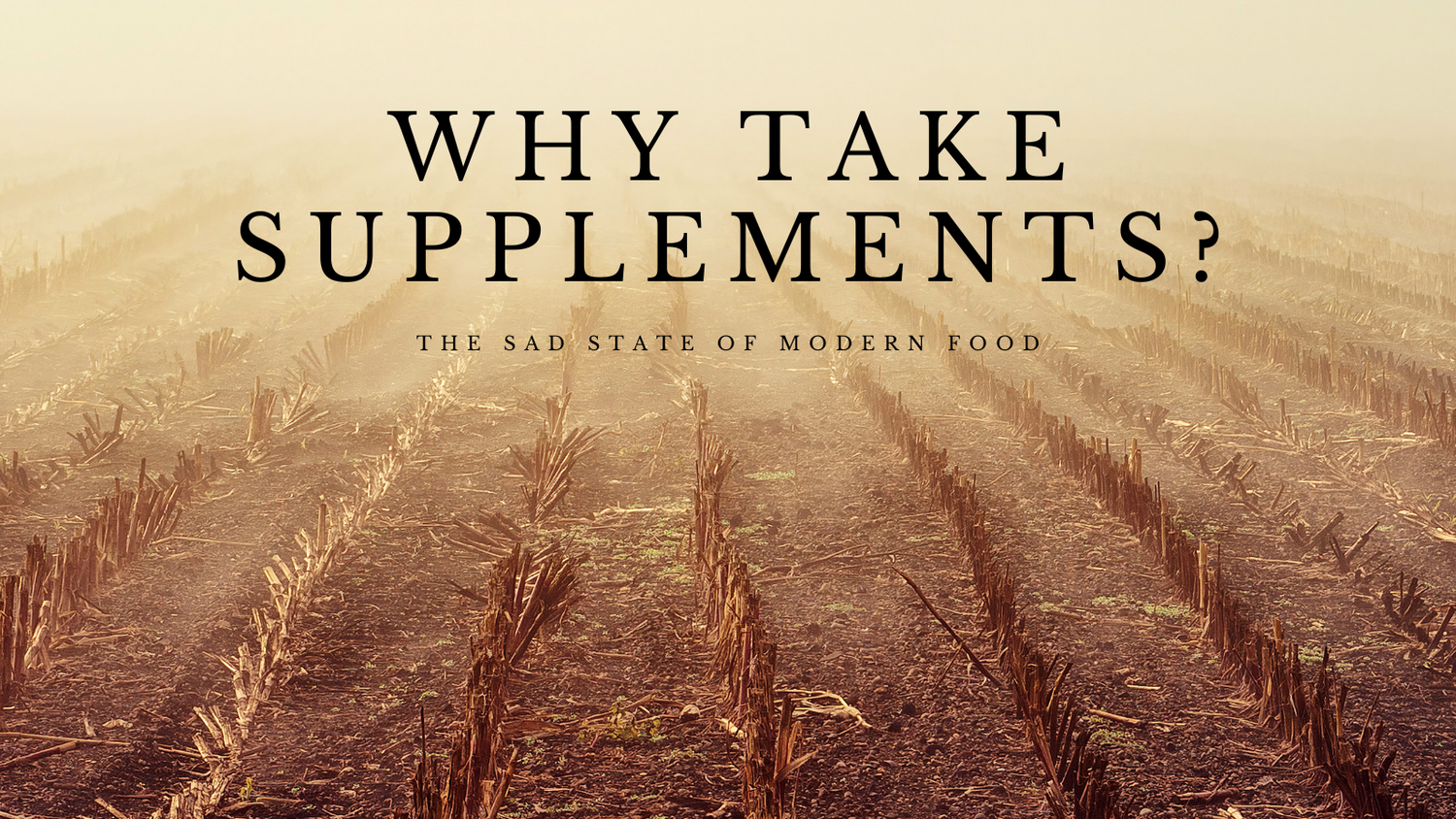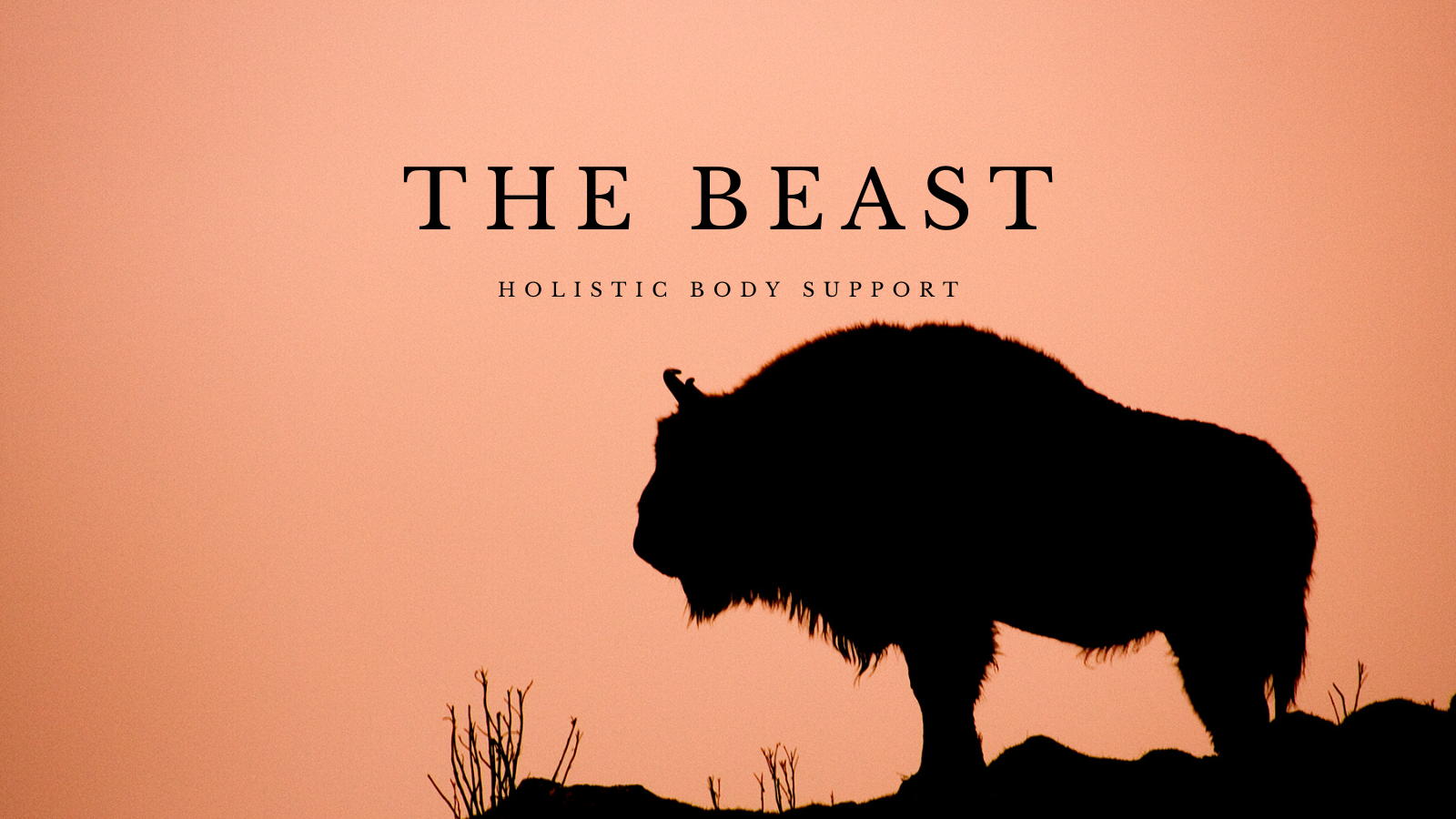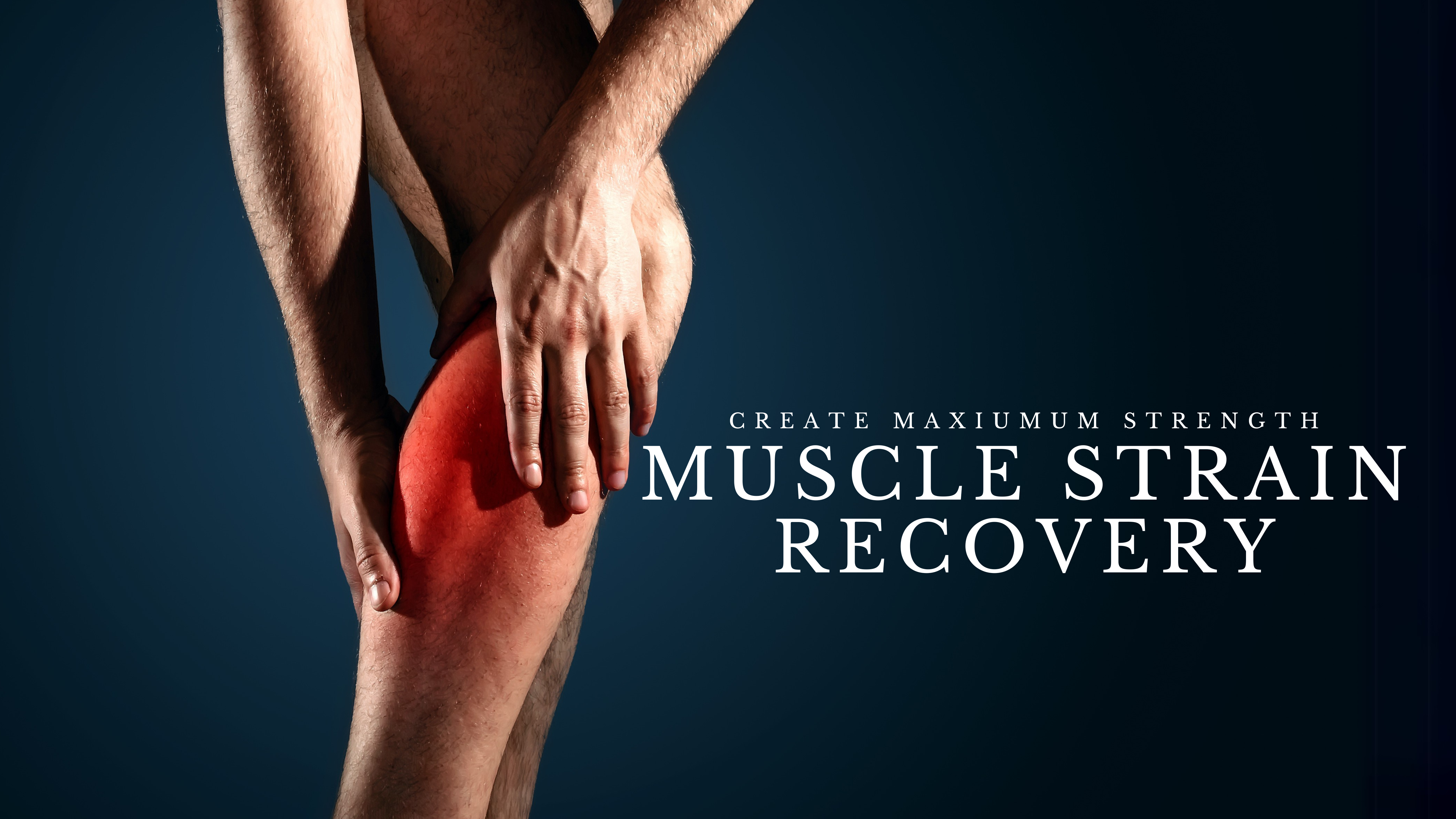The Sad State of Modern Food
Most of you are probably aware of the nutritional decline in modern food, but gaining a deeper understanding of this is useful for further informing our food (and supplement) choices.
While the notion of food processing ‘stripping’ our food of valuable vitamins and minerals has been regurgitated throughout the ethos at this point, the actual explanation is rarely simplified in a meaningful way to people who do not have a deep understanding of food processing or nutritional science.
A very simple way to break this down, is the analogy of a picky eater, which many of us have become.
The Picky Eater
The 'picky eater' style of consumption is in contrast to the trending phrase ‘eat nose to tail’. While the picky eater will exclusively eat muscle meats such as sirloin or scotch filet, the nose to tail movement is reviving the notion that there is great value in consuming other tissues too - the same way our ancestors have for millennia.
Few species on this planet are such picky eaters as humans. While an entire cow will include bones, marrow, organ meats like liver rich in vitamins and minerals, and connective tissues like tendons rich in collagen, most people will only end up eating muscle tissue like sirloin steaks, scotch fillets and other similar cuts.
In this scenario, if the only beef derivative you are eating is muscle meat, it is fair to say you are missing a fair slice of comprehensive nutrition.
The concept I’m painting here is that excessive ‘selection’ for certain components within our food sources results in a narrow delivery of important nutrients.
Processing Food Reduces its Nutrient Profile
To relate this back to food processing more specifically, I will use the example of white sugar, brown sugar (or panela), and molasses. The production of sugar is actually relatively simple, and just involves extraction of cane juice (through milling, by example).

This is followed by the concentration and separation of molasses. Brown sugar still contains some molasses, whereas white sugar has been nearly completely refined. The white sugar here is the scenario of the ‘picky eater’ - it has been purified to exclude all of the other components of the original food (along with all the pre-existing vitamins and minerals).
You may be shocked to realize how significant the mineral composition of molasses is! To be specific, 100g of molasses contains:
- 26% RDI of Iron,
- 35% B6,
- 20% Calcium,
- 60% Magnesium
- 51% Potassium
These figures don't even include all the other relatively underrated (but very important) phytochemicals also present!
Does Low-Quality Soil Affect Nutritional Values?
The problem of declining nutritional composition is not limited to just processed food. For example, research from the American College of Nutrition looked at aggregated results across 43 different fruits and vegetables and found overall:
- A ~15% loss in iron
- A 15% loss in vitamin C
- A 18% loss in vitamin A
- A 38% loss in vitamin B2.
However, these are aggregated averages and there is a different picture here that is valuable to paint.
Not all produce is grown equally, even outside of being organic or non-organic. Research done by Bionutrient Institute shows an almost mind-boggling spread of nutrient compositions within the same type of produce.
I highly recommend having a scroll through their research results linked above - it will give you a really clear picture of how wide the nutrients spread is across many foods.
For example, antioxidant and polyphenol contents in carrots varied by up to 20 fold from the best to worst samples tested!
Dr Berg explains how important fungus is for nutrient absorption by plants.
Throughout their research, most samples sit at the lower end of the spectrum across the majority of nutrients, with a long tail often 3-5 times higher in produce grown in better conditions (largely related to soil quality).
The notion of fertile soil has been treasured across cultures for thousands of years - and yet somehow this has been overlooked in modern agriculture.
Compounded effects of intensive farming have resulted in lower and lower mineral compositions in produce year on year.
Ragnar talking about the benefits of the fertile soil in England.
Nutritional Problems with Water
There are other modern problems we have in relation to nutrition too - water treatment plants often use chelators - an organic chemical that bonds with and removes free metal ions from solutions - to reduce heavy metal contaminants. However, due to this there is a paralleled reduction in nutrient values in the water.
Excessive fluoridation is also an issue with our water supplies which can often result in dental fluorosis (and even, although rarely, skeletal fluorosis) - not to mention all of the other issues associated with excessive fluoride consumption.

Water treatment plants put fluoride, chlorine, and other chemicals in our drinking water.
To compound this issue, many people turn to water filters to remove chlorine and fluoride, which further demineralizes our water sources.
One more obvious vitamin limitation many of us now experience is from working inside - resulting in lower levels of Vitamin D.
You may be noticing a theme here - our diets are struggling to meet mineral needs.
On top of this, we are constantly bombarded with endocrine disrupting chemicals (EDC’s). Proper nutrition is more important than ever to support our bodies to maintain ideal hormonal balances.
How to Maintain a Proper Nutritional Balance
While all of this makes it seem like the list of nutritional weaknesses in the modern world is somewhat overwhelmingly large, there are still quite a few positives I like to keep my eyes on.
Firstly, there is still great accessibility to good organic produce, and a drastically larger amount of available variation for our diets than our ancestors may have had.
Furthermore, the accessibility of information provides a fantastic opportunity for us to make more educated nutritional decisions.
With all of this, we can begin to understand how to amend the limitations of a modern diet. But for many, food choice and availability may not be adequate to remediate these issues of the modern world - particularly if you are focused on optimizing your own health and performance. In this sense, there is great opportunity in the world of supplementation.
- In line with the above topics, a list of supplements that I find to be quite compelling, and have had long term positive experiences with myself, is as follows:Magnesium/Electrolyte blend: Minerals in general are incredibly important, and in a world with demineralized food and water, it becomes harder and harder to be adequately hydrated. Without minerals, your body struggles to hold onto the water you consume, and simply drinking more just results in equal excretion through the kidneys (with a potential loss in minerals as well). This can lead to chronic dehydration, without you even being aware, while you believe you are drinking plenty of water.
You can do a little experiment on yourself, get some form of electrolyte blend like Sol Salts, and try to hit a bit over your RDI for a few days straight. If your body weight noticeably increases, this is likely from the water retention associated with proper hydration. On a related note, something that is overlooked by many is the diuretic effect of caffeine. Diuretics in general result in loss of minerals (alongside the water - nobody's kidneys are perfect and whenever you urinate you will lose some minerals). With caffeine consumption generally being quite high, this is another piece in the puzzle of people having inadequate mineral intakes.
- Choline: I utilize Choline as it is important for detoxification pathways in the body, and indirectly aids the liver in metabolizing excess hormones (particularly, estrogen). In a world where we are bombarded with exogenous hormones, I have found this particularly worthwhile. Choline has two notable forms, firstly Alpha-GPC, which can cross the blood brain barrier, and is often used also as a nootropic. Second, Choline bitartrate (which I use) as I am more interested in the detoxification benefits ahead of nootropics.
- Vitamin D3: This one is rather obvious, although subjective depending on your work/ lifestyle, and where you live. Depending on how far north or south of the equator you are, you may be surprised to find out that for many months of the year through winter, there may not be sufficient UV levels to generate a meaningful amount of D3 from the sun, even at midday. The rule of thumb generally touted here, is that if your shadow is shorter than you are, you are generating meaningful levels of Vitamin D.
-
Zinc: This one is important for two reasons: firstly related to demineralization of food and water, and secondly, due to the abundance of endocrine disruptors in our environment as zinc is important for hormonal balance.
Zinc is also a potent aromatase inhibitor. What is aromatase, you might ask? Aromatase is an enzyme stored in adipose (fat) tissue, responsible for converting testosterone into estrogen. Generally, more fat tissue results in higher aromatase levels (and activity) and with the ever growing body mass index of modern populations, inhibition of this process is more relevant than ever.
-
Boron: This is a fun one, beyond the general benefits of boron (which include sex hormone regulation, bone growth/maintenance, wound healing, prevention of vitamin D deficiency and much more…). Boron actually aids in flushing out excess fluoride from your body, as well as decalcifying important tissues. What once was a ‘hippy concept’ of decalcifying your pineal gland, has now been corroborated by modern science.
 A clump of Boron crystals. In its supplement form, Boron commonly comes in capsules with powder.
A clump of Boron crystals. In its supplement form, Boron commonly comes in capsules with powder. - Boron does indeed decalcify your pineal gland, which aids in melatonin production, and enhances your sleep - the fun part (at least in my experience) has resulted in significantly more vivid and meaningful dreams - which I absolutely love.
-
Vitamin K2: Dentists will hate me here - but vitamin K2 has incredible capacity to improve dental health, and can even partially reverse (and heal) cavities. Furthermore - the modern diet contains very few fermented foods as processing has become an alternative preservation method. As such - k2 deficiency is becoming increasingly common (alongside poor dental health).
K2 also aids testosterone production, boosts bone health, may protect against cancer, and reduces the risk of heart disease.
SolSupps Vitamin K will be coming soon to address this!
Go Forth and Conquer Your Health!
While adequate nutrition is becoming increasingly difficult to attain, with proper knowledge, and utilization of supplements, it is really instead becoming easier than ever to maintain a nutritional balance.
There is so much information out there making it hard to decide where each path leads, but as long as you eat whole foods, supplement and exercise regularly you are already healthier than many people! Continue to seek knowledge, and ask questions about your health journey!




1 comment
Noah
With modern food and health in the USA you have no choice but to take high quality holistic supplements.
Leave a comment
All comments are moderated before being published.
This site is protected by hCaptcha and the hCaptcha Privacy Policy and Terms of Service apply.